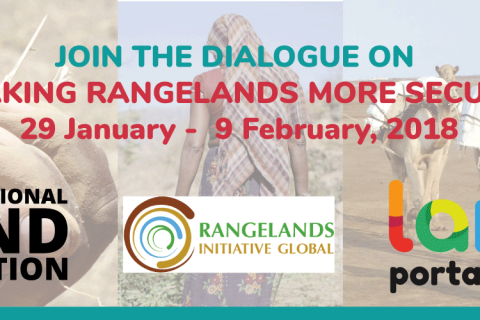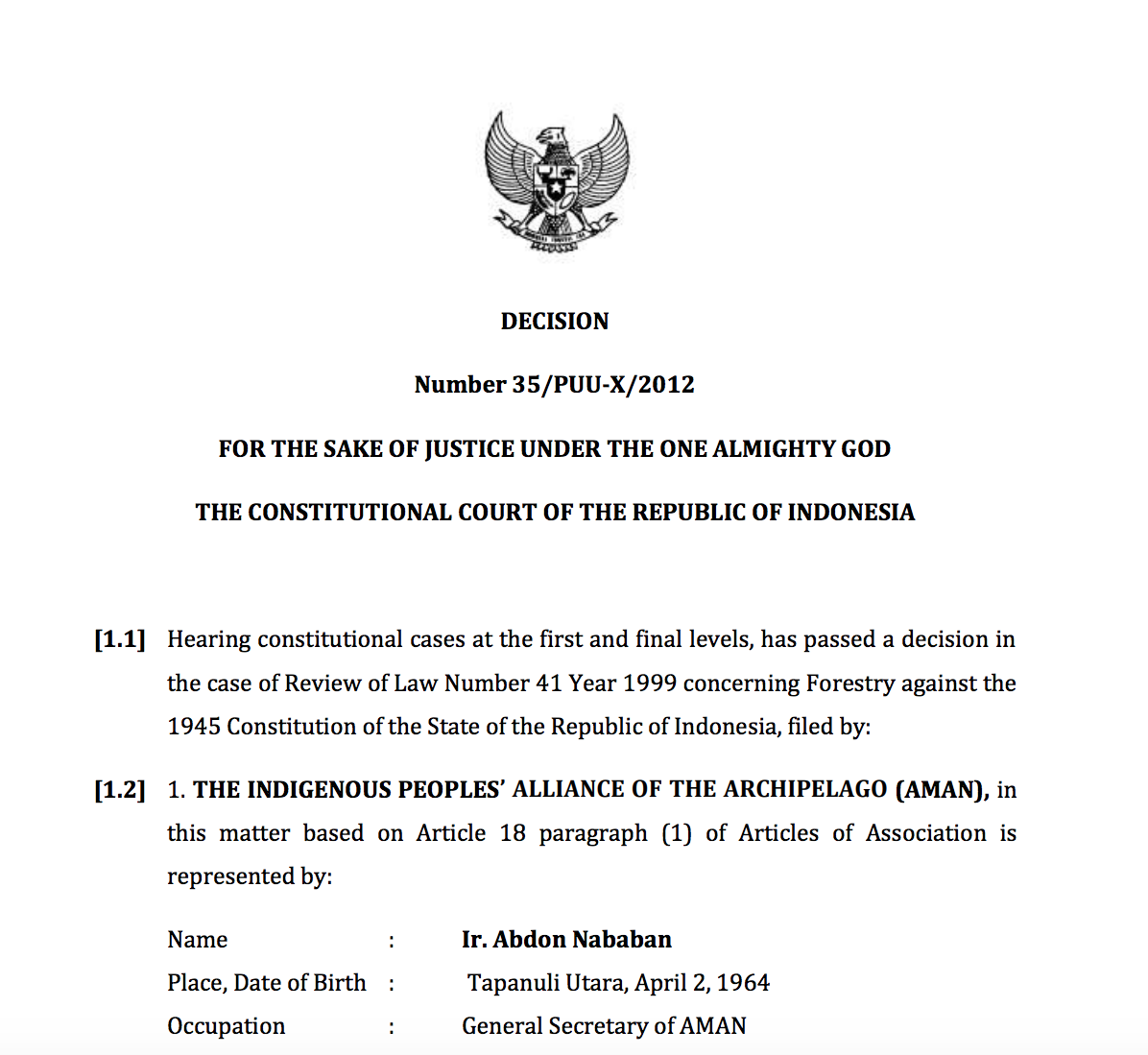Nicholas joined the Land Portal in September 2016 as a Research Analyst. Previously, he worked at the World Resources Institute (WRI), an environmental think tank in Washington D.C. At WRI, he assessed the land tenure security of indigenous and community lands for LandMark, a global platform of community lands. He also examined and wrote about expropriation laws and practices as well as environmental regulatory frameworks for WRI's The Access Initiative. In 2012-2013, Nicholas worked for the Law Reform Commission of Liberia in Monrovia and Oxfam India in New Delhi, where he conducted legal research related to land tenure, local governance, and other issues. He has a B.A.in Economics and Political Studies from Pitzer College and Doctor of Jurisprudence (JD) from Indiana University Maurer School of Law. Currently, he is pursuing at PhD at the University of Groningen Faculty of Law. His dissertation will focus on whether national expropriation, compensation, and resettlement laws in developing countries are adopting international standards designed to secure tenure rights and ensure responsible land governance.
Details
Location
Contributions
Displaying 11 - 20 of 72Ley de la inversion privada en el desarrollo de las actividades economicas en las tierras del territorio nacional y de las comunidades campesinas y nativas
Artículo 1.- La presente Ley establece los principios generales necesarios para promover la inversión privada en el desarrollo de las actividades económicas en las tierras del territorio nacional y de las comunidades campesinas y nativas.
Law 445: Law of Communal Property Regime of the Indigenous Peoples and Ethnic Communities of the Autonomous Regions of the Atlantic Coast of Nicaragua and of the Rivers Bocay, Coco, Indio and Maiz
It is the ineludible commitment of the State of Nicaragua to respond to the claim for the titling of the lands and territories of the indigenous peoples and ethnic communities of the former Mosquitia of Nicaragua; right set forth in the International Treaties entered into between England and Nicaragua, such as the 1860 Managua Treaty and the 1905 Harrison-Altamirano Treaty. This right to the land is recognized in the 1987 Political Constitution of Nicaragua and the Statute of Autonomy of the Autonomous Regions of the Atlantic Coast.
Restitution of Land Rights Act, 1994
To provide for the restitution of rights in land in respect of which persons or communities were dispossessed under or for the purpose of furthering the objects of any racially based discriminatory law; to establish a Commission on Restitution of Land Rights and a Land Claims Court; and to provide for matters connected therewith.
Interim Protection of Informal Land Rights Act, 1996
To provide for the temporary protection of certain rights to and interests in landwhich are not otherwise adequately protected by law; and to provide for matters connected therewith.
ILC Rangelands Initiative
The Rangelands Initiative of the International Land Coalition (ILC) is a global programme facilitating learning between and providing technical support to different actors who are working to make rangelands more tenure secure.
Making Rangelands More Secure
Reglamento de la Ley Agraria en Materia de Ordenamiento de la Propiedad Rural.
Artículo 1- El presente ordenamiento es reglamentario de la Ley Agraria, y tiene por objeto establecer los procedimientos y lineamientos aplicables para el ordenamiento de la propiedad rural, así como para la expropiación de terrenos ejidales y comunales.
Land Governance Assessment Framework Synthesis Report
This report synthesizes and discusses the findings of a series of self-assessments of the land governance1 situation in Brazil conducted entirely by knowledgeable Brazilians using a standardized indicator-based diagnostic assessment instrument. The findings, therefore, represent the perception of local experts based on their collective experience and available data. The primary audience of this report comprises federal and state officials directly involved in land governance within the assessed states and in the other states.
Constitutional Court No. 35/PUU-X/2012
The fourth paragraph of the Preamble of the 1945 Constitution of the Republic of Indonesia (hereinafter referred to as the 1945 Constitution) has very clearly stated the aim of the establishment of the Unitary State of Republic of Indonesia (NKRI) is "to protect all the people of Indonesia and all the independence and the land that has been struggled for, and to improve public welfare, to educate the life of the people and to participate toward the establishment of a world order based on freedom, perpetual peace and social justice ".











